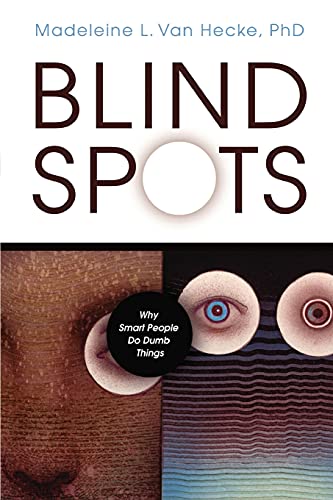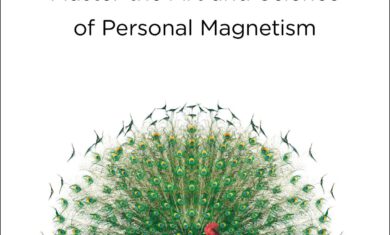At the time of publishing this post, the 2024 United States election is tomorrow and it’s very unclear who will win. I suspect that the losing side will be full of “how could that have possibly happened?” kinds of questions, and that’s not a good thing.
I know who I’m voting for, and I’m 100% pulling for that party to win, but I understand why people might vote for the other side. I don’t agree with them at all, but I understand what lead some people to make that decision.
A few years ago I shared a post about seeing things from both sides of the aisle, and that’s still something I try very hard to do. I also try hard to understand both sides to the degree that I could make solid argument for voting the other way. As Charlie Munger has said:
“It’s bad to have an opinion you’re proud of if you can’t state the arguments for the other side better than your opponents. This is a great mental discipline.”
Ultimately, it’s all about perspective. Are you able to see things through the eyes of others, or not? In her book “Blind Spots“, Madeleine Van Heck says:
“If we truly cannot understand why or how others think or act in the way they do, then we, too, must have a blind spot: something is preventing us, at least at the moment, from grasping the perspective that differs from our own.”
I hope incredibly strongly that the election goes that way I voted, and I disagree with those that voted the other way, but I understand why they ultimately did and I hope that their ideals change for future elections. If you don’t understand it, that’s a blind spot that you should try to work on.




